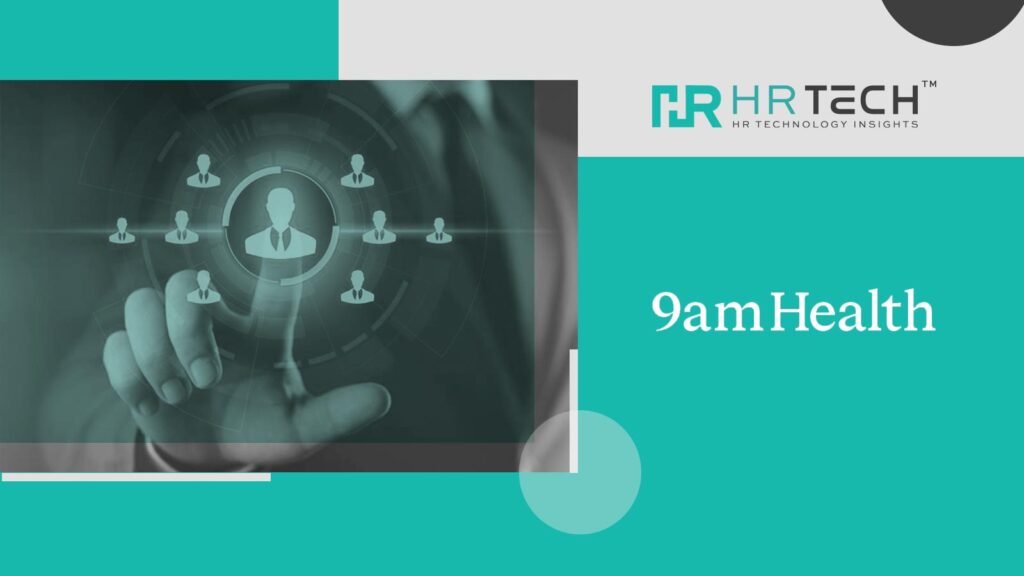As the demand for GLP-1 weight loss medications such as Ozempic, Wegovy, and Zepbound continues to skyrocket, new survey results from 9amHealth reveal that access to these medications has become a critical factor in job retention and acquisition.
54% of Americans are using or want to use a GLP-1 medication–a 6% increase from last year. Compared to last year’s findings, even more employees said that GLP-1 coverage was important for taking or staying at a job (73%, up from 67%). Employer-sponsored coverage of these medications has more than doubled, rising from 30% to 63%. However, for the 25% of employees who want access but don’t have it, affordability remains a challenge. In fact, 31% would change jobs to gain coverage (up from 21%).
HR Technology Insights: Rick Mack Joins Alliant Insurance Services’ Employee Benefits Group
When it comes to job perks, weight loss medications remain among the top four benefits, along with healthcare coverage, flexible working hours, and company equity.
“GLP-1 medications are effective—not just for weight loss but for overall metabolic health. However, they work best when combined with lasting lifestyle changes,” said Dr. Avantika Waring, Chief Medical Officer at 9amHealth. “Our survey shows that exercise rates among GLP-1 users are declining, which raises concerns about long-term health outcomes. Employers and health plans must look beyond prescriptions and invest in comprehensive weight health solutions—otherwise, they risk paying for the medication without seeing the full health benefits.”
Shifts in spending
As prices for everyday items continue to rise, many people are concerned about their spending. 9amHealth found that respondents who are employed somewhere without GLP-1 coverage are cutting back even more than last year (59% vs. 30%) to afford their medications, with dining out, luxury purchases, and groceries being the top categories to cut back.
HR Technology Insights: Seventy-Five Percent of U.S. Employers Are Unprepared for Pay Transparency Laws, Aon Reports
Supply and demand challenges
Both Novo Nordisk and Eli Lilly faced challenges in meeting the surging demand for their GLP-1 products which has caused a vast number of online retailers to offer compounded versions of the drug. 37% of the survey respondents have tried non-FDA-approved formulations, greatly increasing the risk of complications or adverse reactions.
The bigger picture
More than 100 million U.S. adults live with obesity, and adult obesity is projected to affect 48.9% of the population by 2030. Annual medical costs are between $1,800 and $3,097 higher for people living with obesity and severe obesity, respectively, versus their healthy-weight counterparts.
Despite the rising demand, the cost of GLP-1s is a major challenge. The obesity drug market is expected to reach $150 billion by 2033, making employer and health plan strategies crucial in balancing cost-effectiveness with patient access.
Based on an organization’s clinical and financial needs, 9amHealth can customize weight health solutions to curb costs and improve health outcomes while delivering a seamless member experience. To date, 9amHealth can deliver an ROI of 4x or greater.
HR Technology Insights: meQuilibrium’s Workforce Study Reveals Obstacles to Change Readiness and Psychosocial Risk Impact
Source – PR Newswire
To share your insights, please write to us at news@intentamplify.com



